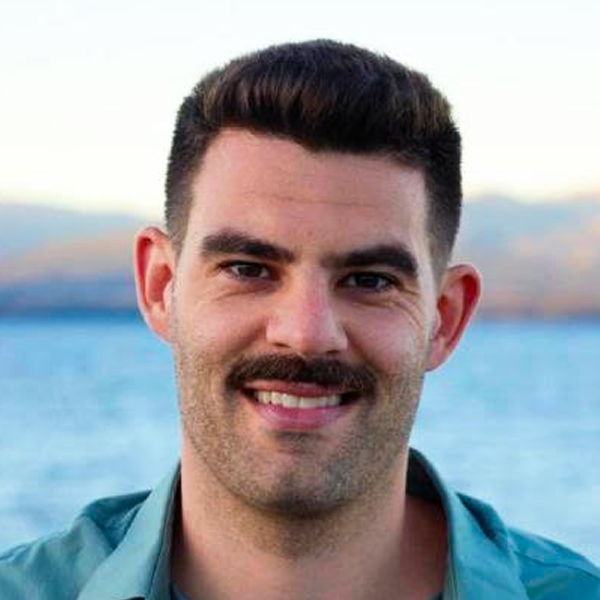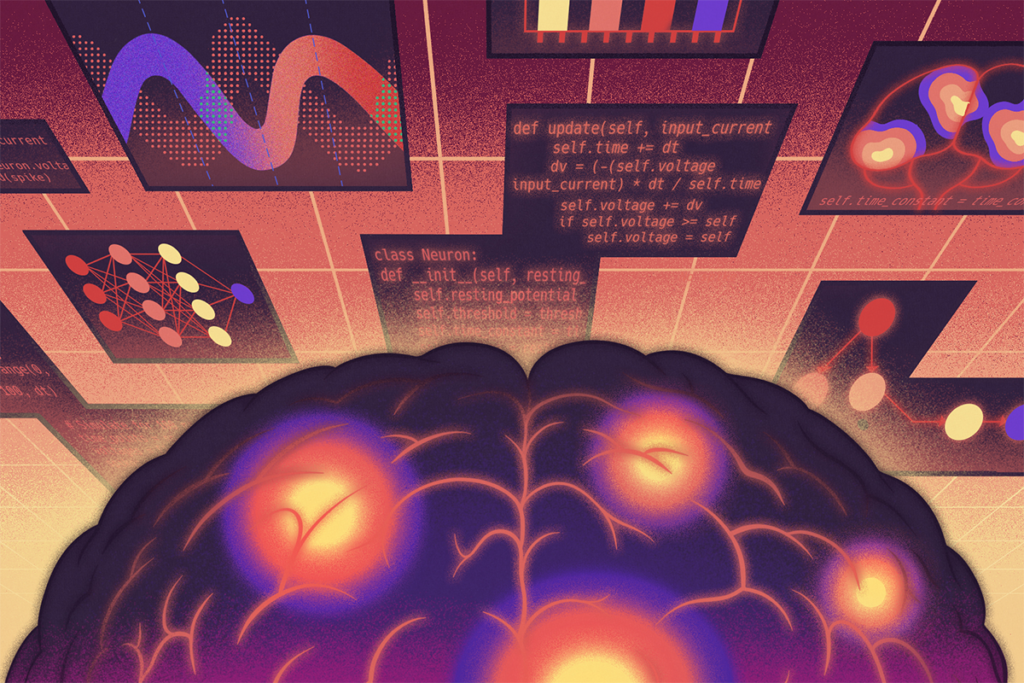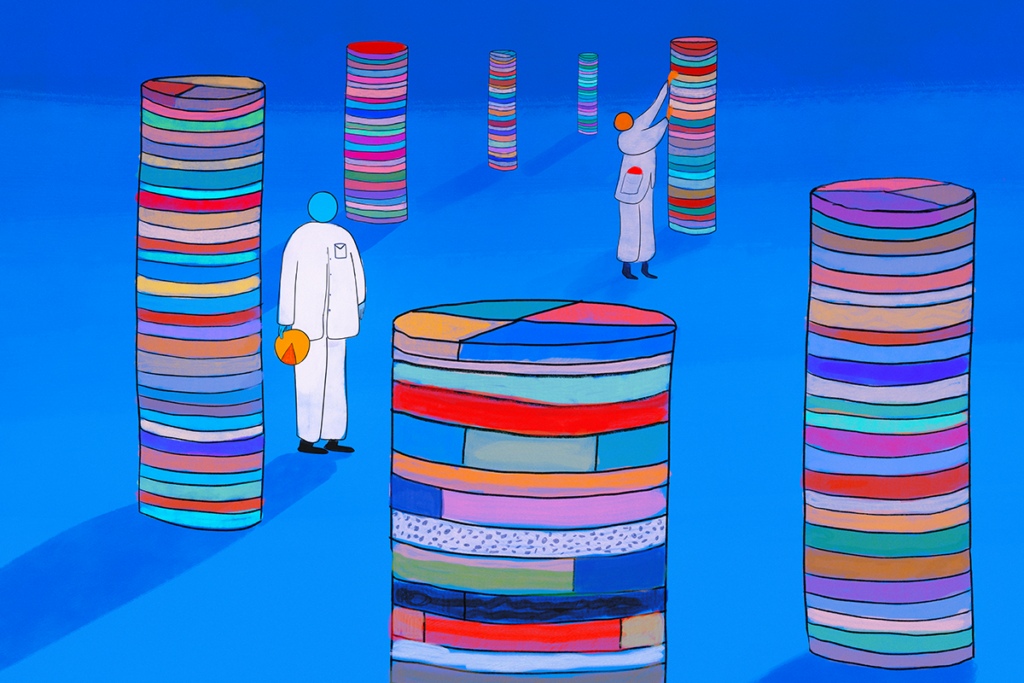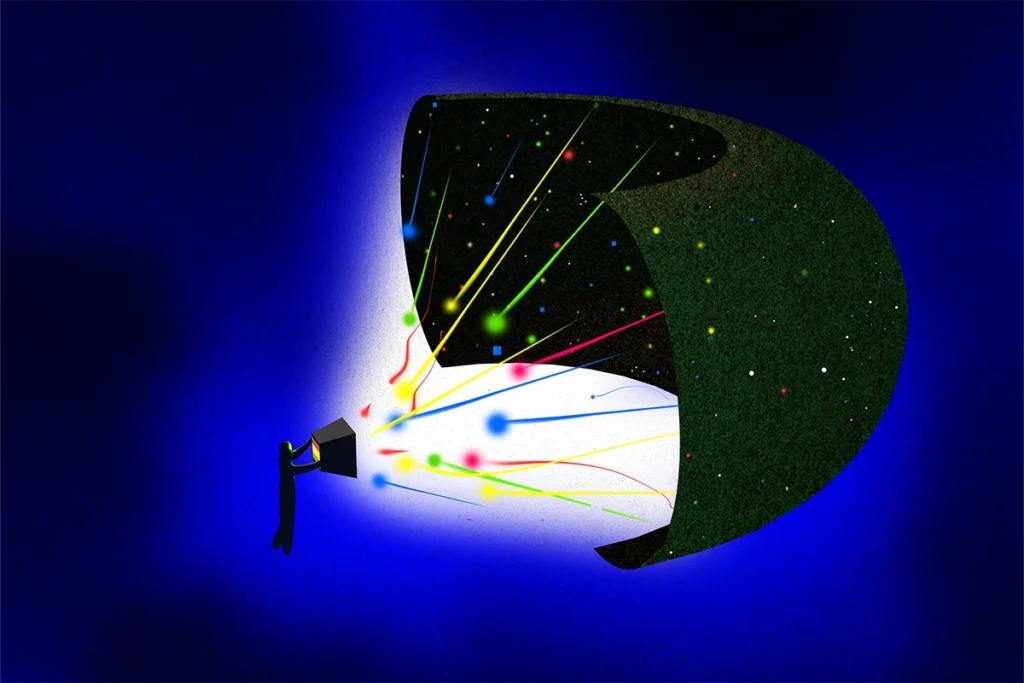Benjamin Dichter is founder and CEO of CatalystNeuro, a consulting and software development company that facilitates collaboration in neurophysiology research. The company specializes in Neurodata Without Borders—a data standard for neurophysiology data—and DANDI, an archive for sharing neurophysiology datasets. CatalystNeuro contributes to several open-source analysis tools, including SpikeInterface for spike sorting, VAME for behavioral video analysis, and Neurosift for interactive data visualization. By working with data producers, tool builders and data users, CatalystNeuro facilitates the entire open-data life cycle in systems neuroscience.
Dichter earned his Ph.D. at the University of California, San Francisco and University of California, Berkeley Joint Ph.D. Program in Bioengineering in the lab of Edward Chang, where he developed methods for analyzing large-scale neural recordings and studied how humans control the pitch of our voice when we speak and sing. He has been instrumental in advancing data-standardization efforts in neuroscience and promoting open-science practices through improved data-sharing infrastructure.



